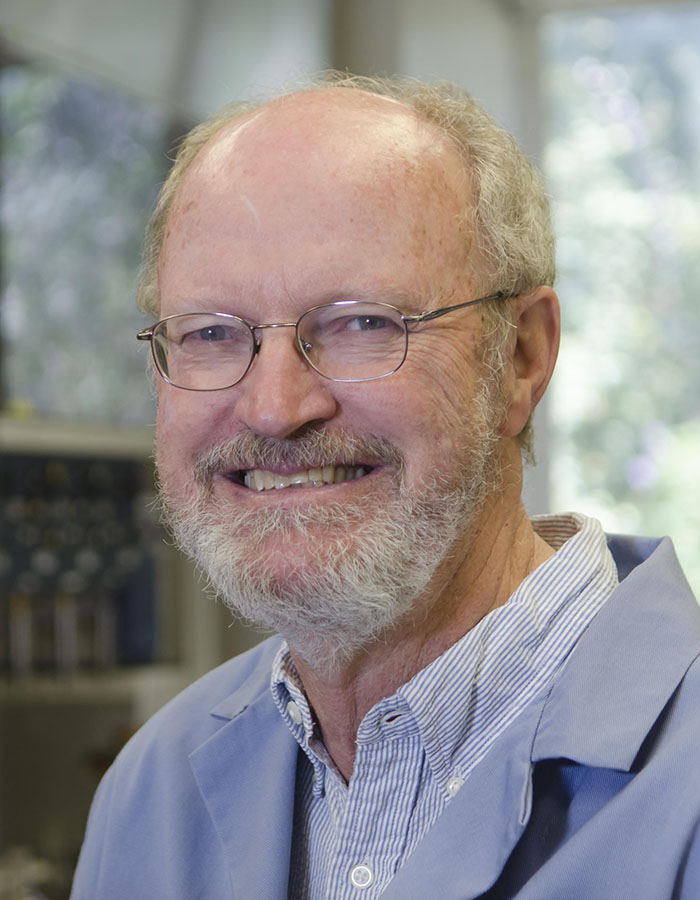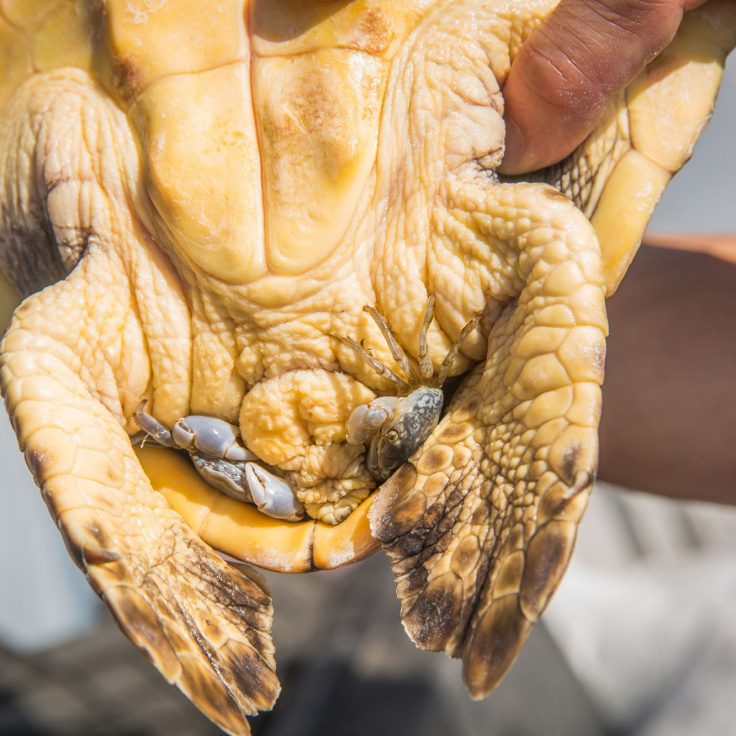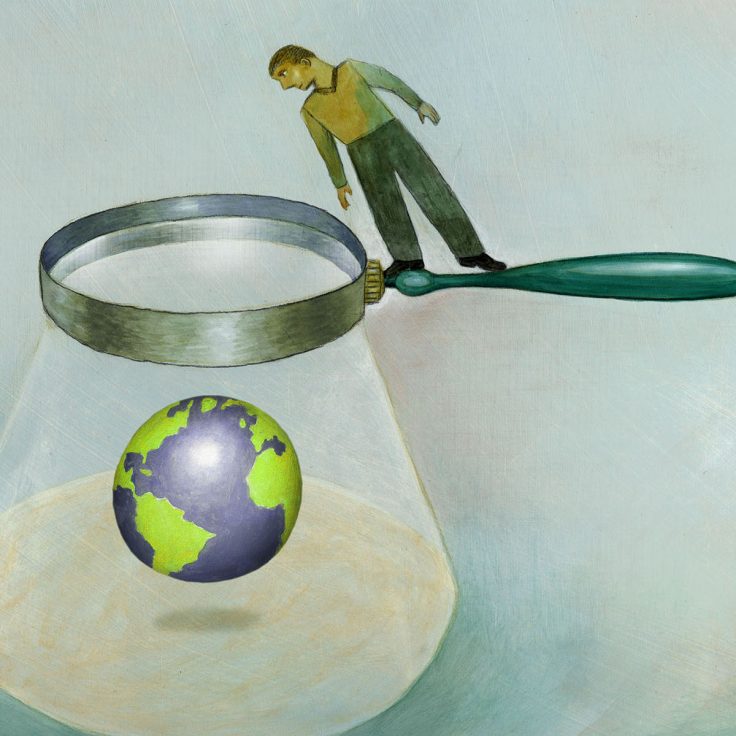A two-time Gator, Robert Grubbs ’63, M’65, switched from agricultural sciences to organic chemistry as an undergraduate and hasn’t looked back.
Robert Grubbs ’63 M’65
Nobly Nobel
 A two-time Gator, Robert Grubbs ’63, M’65, switched from agricultural sciences to organic chemistry as an undergraduate and hasn’t looked back his entire career. His discovery of ruthenium-based catalysts led to his expansion of olefin metathesis, an organic reaction which can create unique compounds with applications in plastics, pharmaceuticals, biotechnology, and, bringing it full circle, agriculture. The eponymous catalysts are available through Grubbs’ startup company, Materia. His accomplishments represent a major advancement in metathesis. Indeed, Grubbs and his team received the 2005 Nobel Prize in Chemistry for their work.
A two-time Gator, Robert Grubbs ’63, M’65, switched from agricultural sciences to organic chemistry as an undergraduate and hasn’t looked back his entire career. His discovery of ruthenium-based catalysts led to his expansion of olefin metathesis, an organic reaction which can create unique compounds with applications in plastics, pharmaceuticals, biotechnology, and, bringing it full circle, agriculture. The eponymous catalysts are available through Grubbs’ startup company, Materia. His accomplishments represent a major advancement in metathesis. Indeed, Grubbs and his team received the 2005 Nobel Prize in Chemistry for their work.
Grubbs arrived at UF from a town in rural Kentucky called Possum Trot, having done a fair amount of farm work and expecting a very different professional path. “I was lucky to meet Merle Battiste, who introduced me to organic chemistry and supported me throughout my career,” he says. Late Professor of Organic Chemistry Merle Battiste, known at UF for his mentorship and creative qualities, convinced Grubbs to switch from agricultural sciences to chemistry, sparking his interest in catalysts of chemical reactions. Grubbs found himself in a stimulating program full of young scientists, including his soon-to-be friend Thomas Barton PhD’67, also a protégé of Battiste.
After receiving his master’s degree, Grubbs pursued a PhD at Columbia University and began working in the emerging field of organometallic chemistry. Adding metal to his purview turned out to be lucrative. In 1992, building on the work of his colleagues Yves Chauvin and Richard Schrock, who shared the Nobel Prize with him, Grubbs discovered that a catalyst containing the metal ruthenium was able to break carbon double bonds without disturbing the rest of the molecule, allowing materials to adopt new properties while reducing the potential for pollution. This discovery launched a new phase in the practical application of metathesis.
As with any emerging field, there were obstacles, including funding challenges and heavy competition, but through time management and, inspired by Battiste, a consortium of students, Grubbs has come out ahead. He has been at the California Institute of Technology, where he serves as the Victor and Elizabeth Atkins Professor of Chemistry, since 1978.


